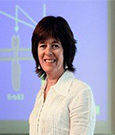
Nancy Hynes
FMI
Switzerland
EMBO Practical Course
The mammary epithelium is a unique organ in that the majority of its development occurs postnatally. This, combined with ease of experimental access and a stereotypical growth pattern, make it an ideal tissue for studying cellular homeostasis, branching morphogenesis, hormonal effects, stem cell biology and breast cancer. This theoretical and practical course will present techniques for the dissection and dissociation of different subpopulations of both mouse and human mammary, including stem/progenitor, cells. It will also include flow cytometry to separate single cell populations for the consequent in vitro (mammosphere and 3D cultures) and in vivo (mouse mammary fat-pad clearing and cell transplantation) analysis to assess stem cell activity and gene function.
This course targets PhD students, post-docs and other scientists entering the field of mammary gland biology and breast cancer or those who wish to complement their knowledge using mouse or human methods.
This theoretical and practical course will present techniques for the dissection and dissociation of different subpopulation of both mouse and human mammary cells, including stem/progenitor cells. It will also include flow cytometry to separate single cell populations for the consequent in vitro (mammosphere and 3D cultures) and in vivo (mouse mammary fat pad clearing and cell transplantation) analysis to assess stem cell activity and gene function. Finally, single cells and cell structures will be analysed by cell imaging, which takes advantage of the extraordinary facilities and expertise at EMBL-HD and constitutes a strong component of the course.
The participants will learn about the complete workflow for mammary gland studies and gain an understanding about possibilities and limitations of working with mouse and human systems.

FMI
Switzerland

EMBL Heidelberg
Germany
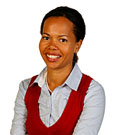
EMBL Heidelberg
Germany

EMBL Heidelberg
Germany
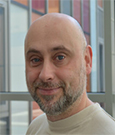
Cardiff University
UK

EMBL Heidelberg
Germany

EMBL Heidelberg
Germany

Cardiff University
UK
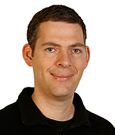
EMBL Heidelberg
Germany
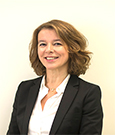
CIC bioGUNE
Spain
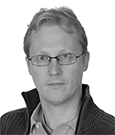
Luxendo Heidelberg
Germany

EMBL Heidelberg
Germany

Cardiff University
UK

CIC bioGUNE
Spain
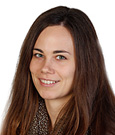
EMBL Heidelberg
Germany
Date: 1 - 6 Mar 2020
Location: EMBL Heidelberg